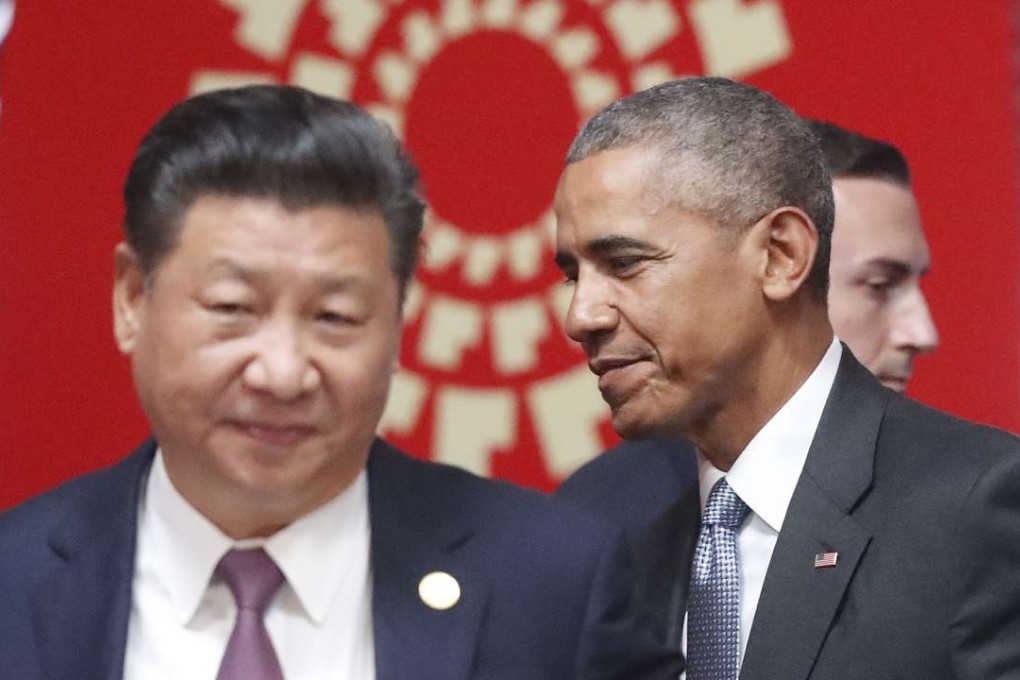Ignoring the benefits of free trade will bring peril to us all
Growth and development would be severely hurt should the US under president-elect Donald Trump adopt protectionist policies

The anti-trade rhetoric that helped win Donald Trump the US presidency has the region worried, and understandably so. Growth and development would be severely hurt should the world’s biggest economy adopt protectionist policies. President Xi Jinping (習近平 ) encapsulated the concerns in a keynote address to Asia-Pacific leaders at the weekend, warning that there could be no recovery for the global economy without cooperation and partnerships. There will be uncertainty until officials have been appointed and a strategy unveiled, but economic disaster awaits the US as much as elsewhere should what was said on the campaign trail become reality.
Trump is a businessman and has no political background, so he is bound to think in terms of gaining competitive advantage. He won over a demographic that believed it had not benefited from globalisation by vowing to bring back lost industries and jobs. Most of his promises during campaigning were vague, but on trade he was unusually specific. Pacts would be scrapped or renegotiated bilaterally and China, accused of taking the livelihoods of Americans, was threatened with 45 per cent import tariffs. He reiterated his plans on Monday, contending that on his first day in office the US would quit the 12-nation Trans-Pacific Partnership free-trade agreement, a cornerstone of outgoing President Barack Obama’s Asian pivot.
Leaders of the Asia-Pacific Economic Cooperation forum, meeting in Peru at their annual summit, sent a message of unity against isolationism in their final declaration, seeking continued effort to create a broad free-trade zone by 2020. A lack of consensus has long hampered that goal and, to fill the void, Obama formulated the TPP, which intentionally excluded China, while Beijing is promoting the rival Regional Comprehensive Economic Partnership.
US presidents-elect have a habit of softening their tough talk on trade when they take office. Trump gave that impression in his first phone conversation with Xi, mutual gains and cooperation being the crux. But the incoming leader has given voters high expectations and has to consider their concerns and fears.
Free trade is the basis for the US’ wealth and it has also helped pull hundreds of millions in China and elsewhere from poverty. But not all have benefited, particularly those in industries that have failed to adapt to technological change. Competition brings efficiency and innovation, and that is what Trump needs to help encourage. Ignoring the advantages of free and open trade will only close the door to progress, for the US, China and the region.